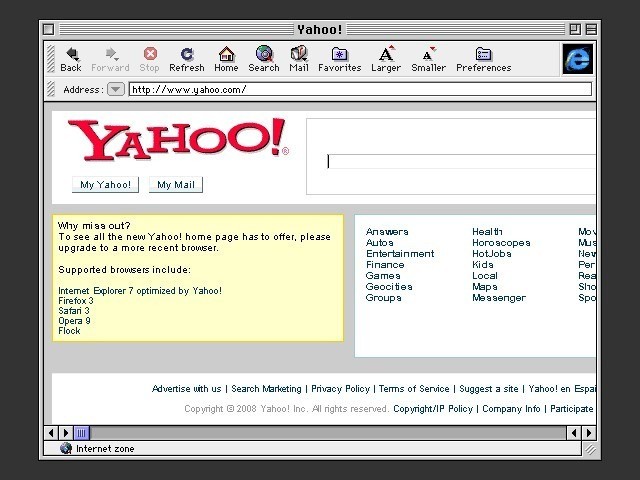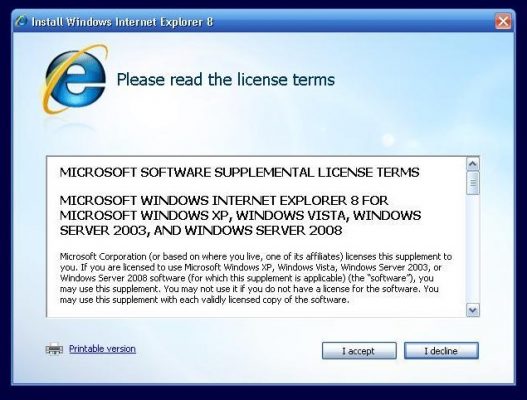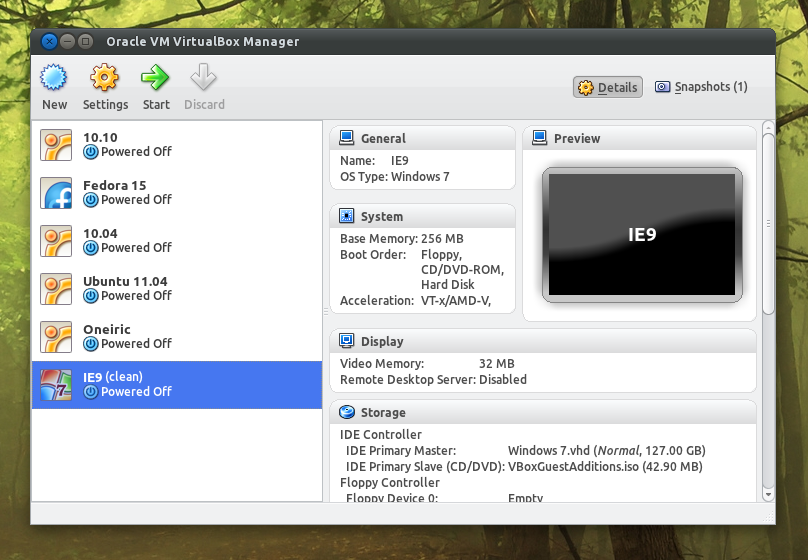

If there is data that IE5 needs to share with the host machine, you can set up a shared folder on the host machine for this. PlayOnLinux has a built-in method to install legacy Internet Explorer 5 or 5.5. On the Linux machine, install PlayOnLinux (from the standard repositories - for full compatibility, don't download it from the website). Using a virtual machine means that you can run it as an app on your Windows computer and this method will shield both the host and guest machines from malware that the ancient IE5 might pick up.

I recommend using a virtual machine such as VirtualBox, which can run on a normal Windows box, to install a popular, well-maintained and lightweight system such as Lubuntu or Bodhi. This doesn’t allow for aborts if the browser fails for whatever reason but it is repeatable and safe (just use a shadow disk to ignore the writes).

You’d end up with a script that starts qemu, waits for a minute, then clicks IE, waits a minute, clicks address bar, waits a few seconds, types address and presses enter, waits a few seconds, takes a screenshot of the virtual video output. On the automation customisation part, there are a very small number of things you can do a generic method that simply sends serial mouse data and ps/2 keyboard interrupts to the VM, has no feedback but with correct timing, you can automate the basics of launching and navigating.

This will not work on public clouds or popular commercial hypervisors but can be done fairly consistently using qemu. It is possible to manually test this by setting up virtual machines, this can still be done, even for Windows 95, etc. This is due to the lack of comparable automation APIs and basic action feedback. There is no way to automate this in a way comparable to your current method.


 0 kommentar(er)
0 kommentar(er)
